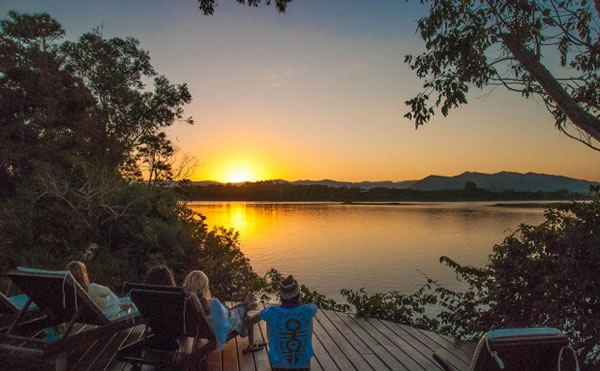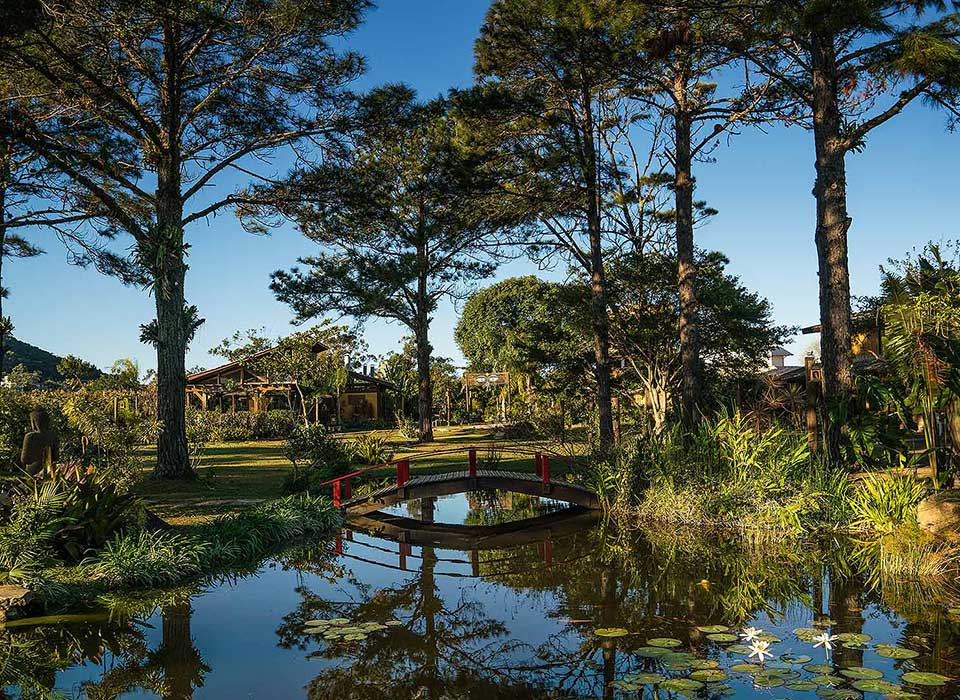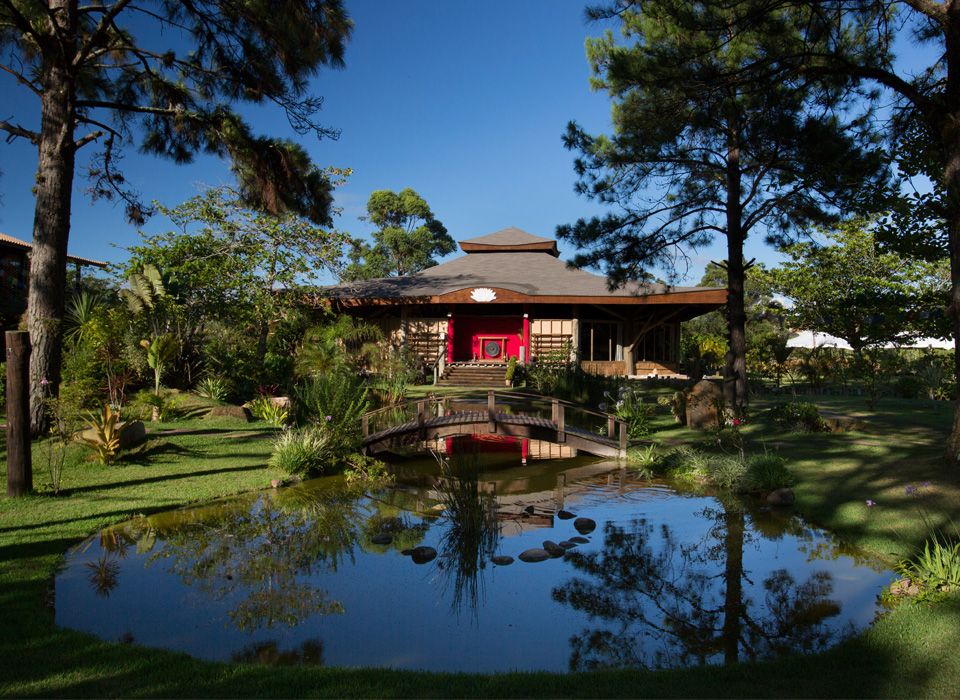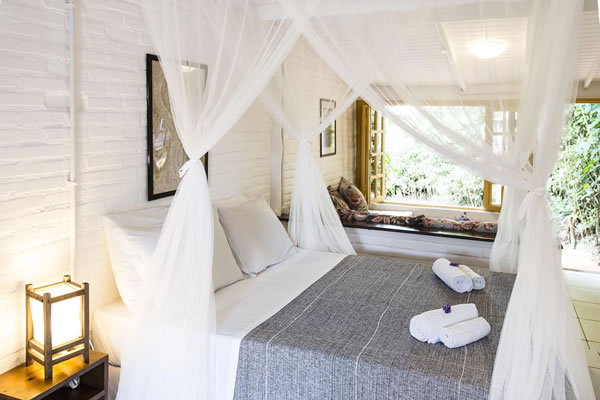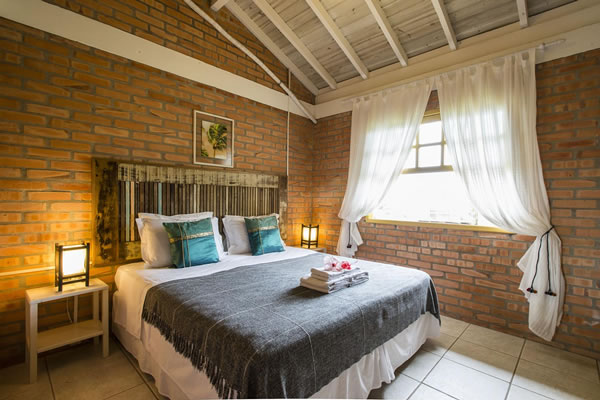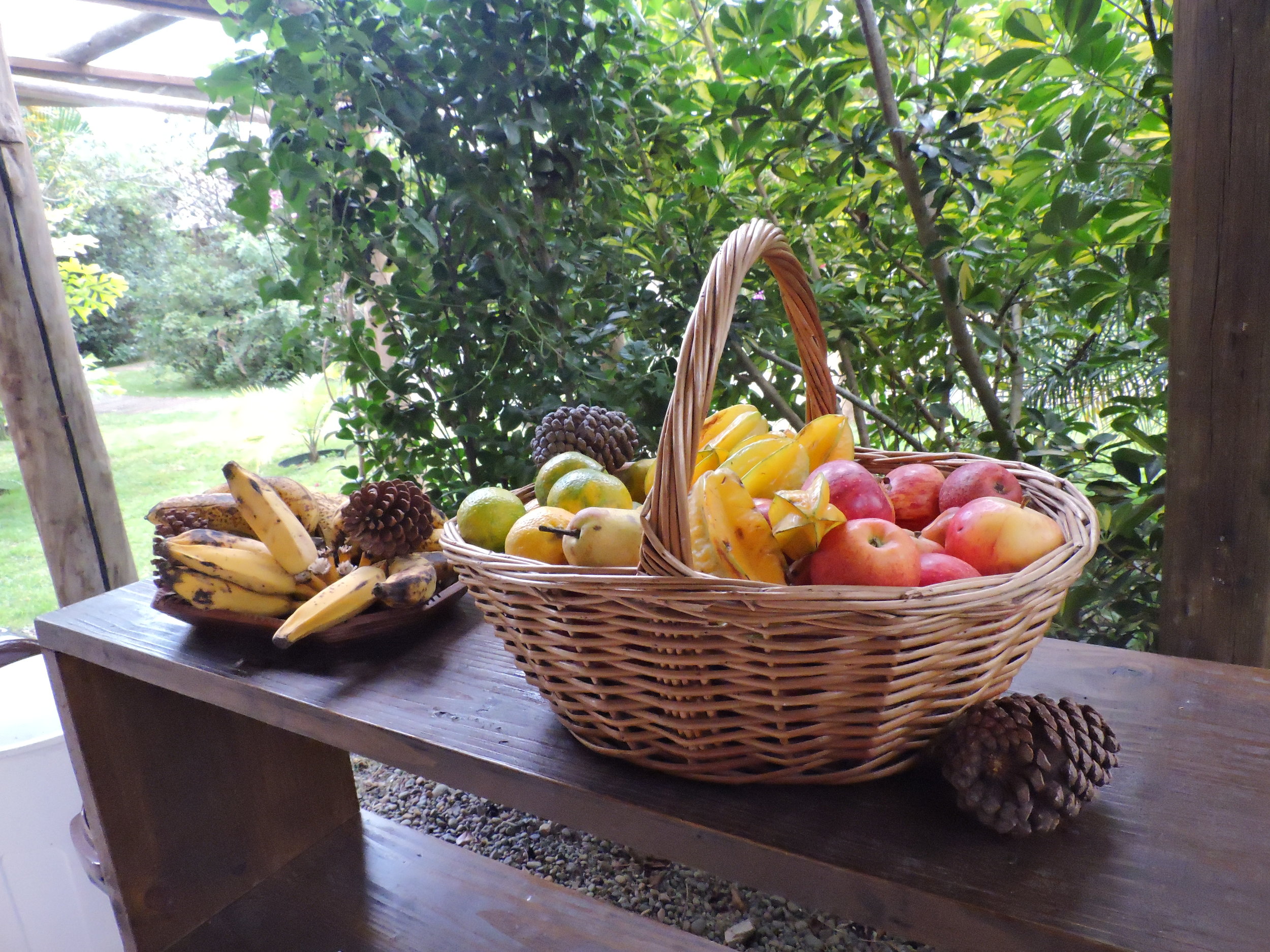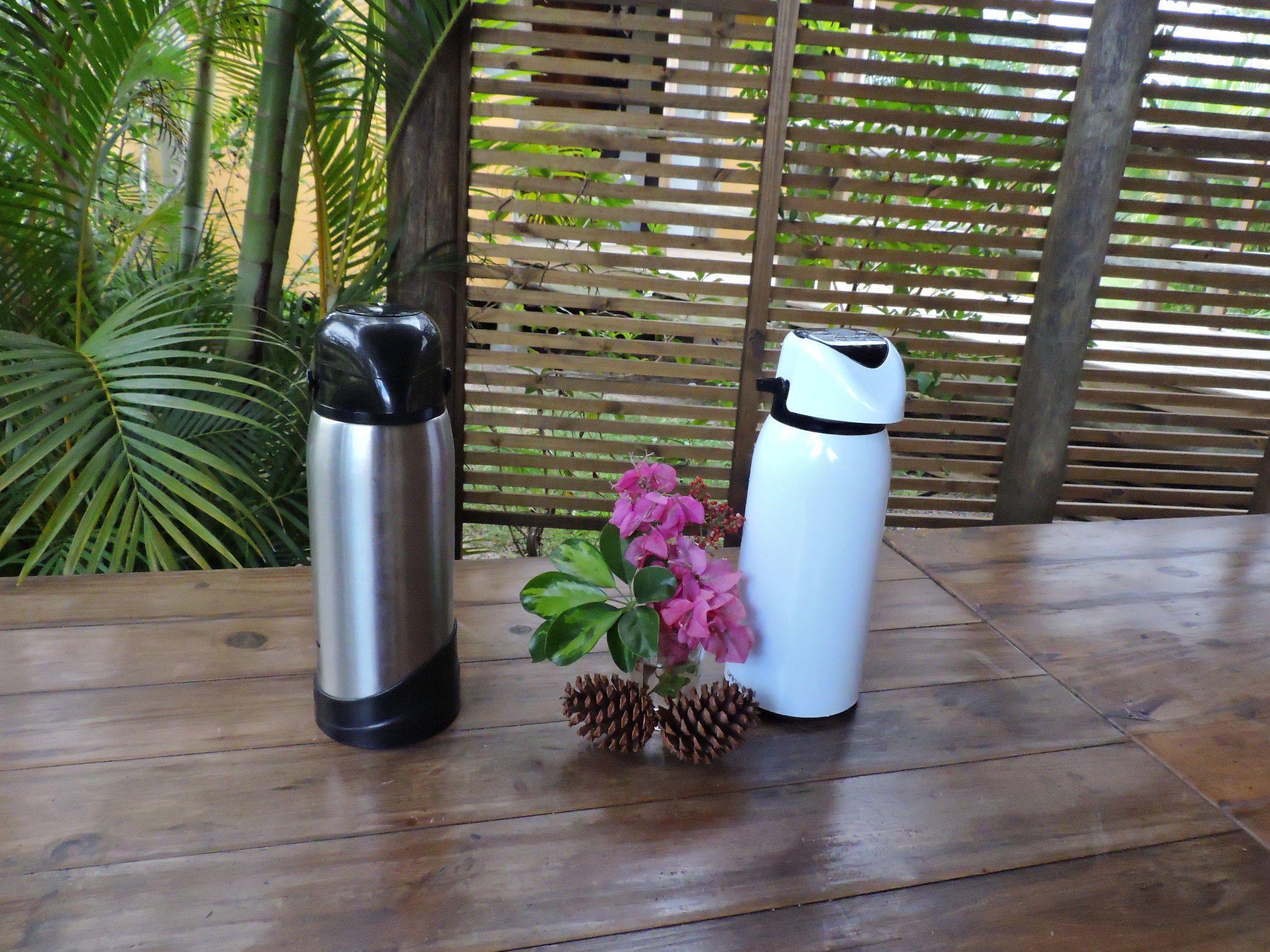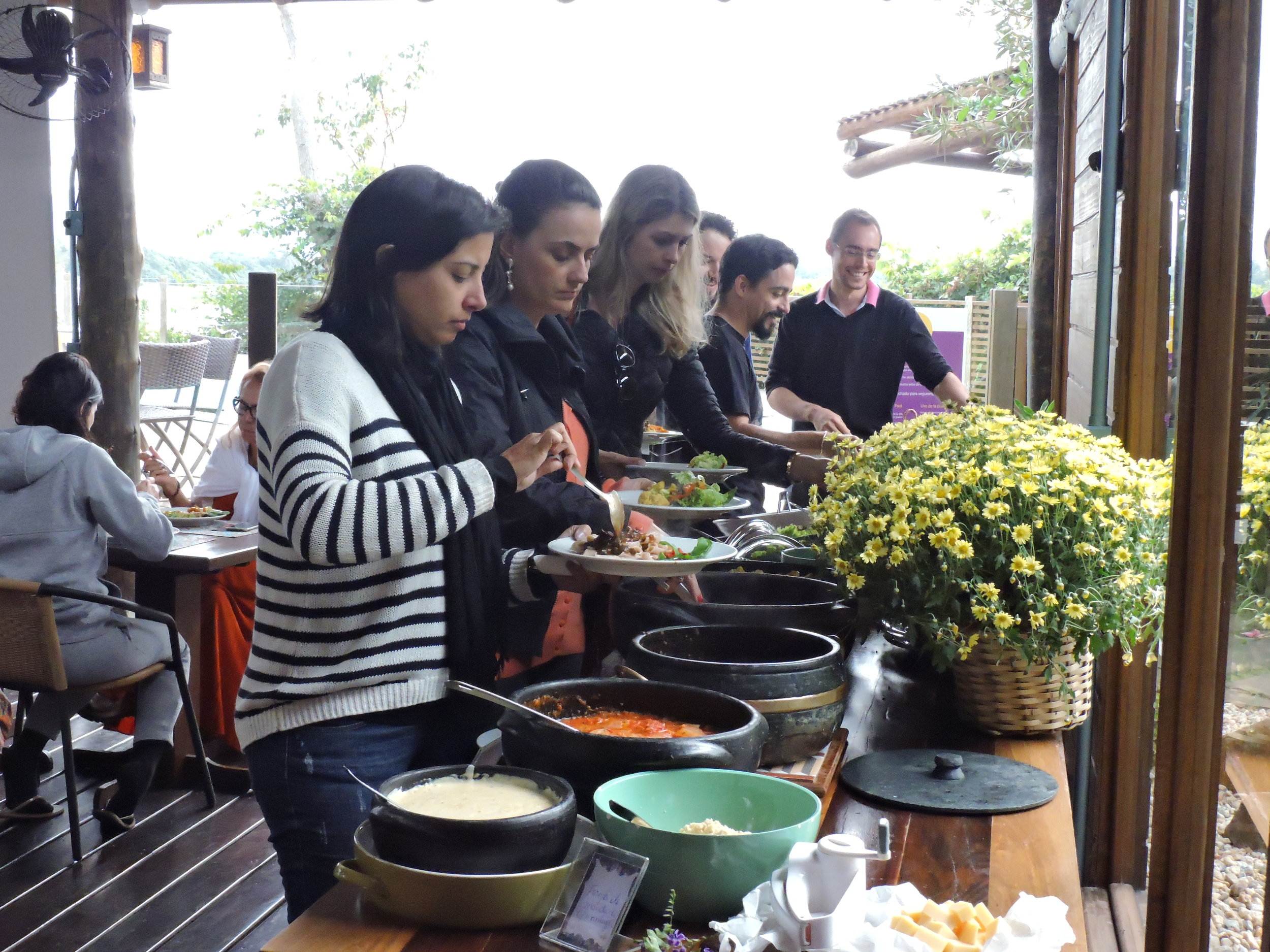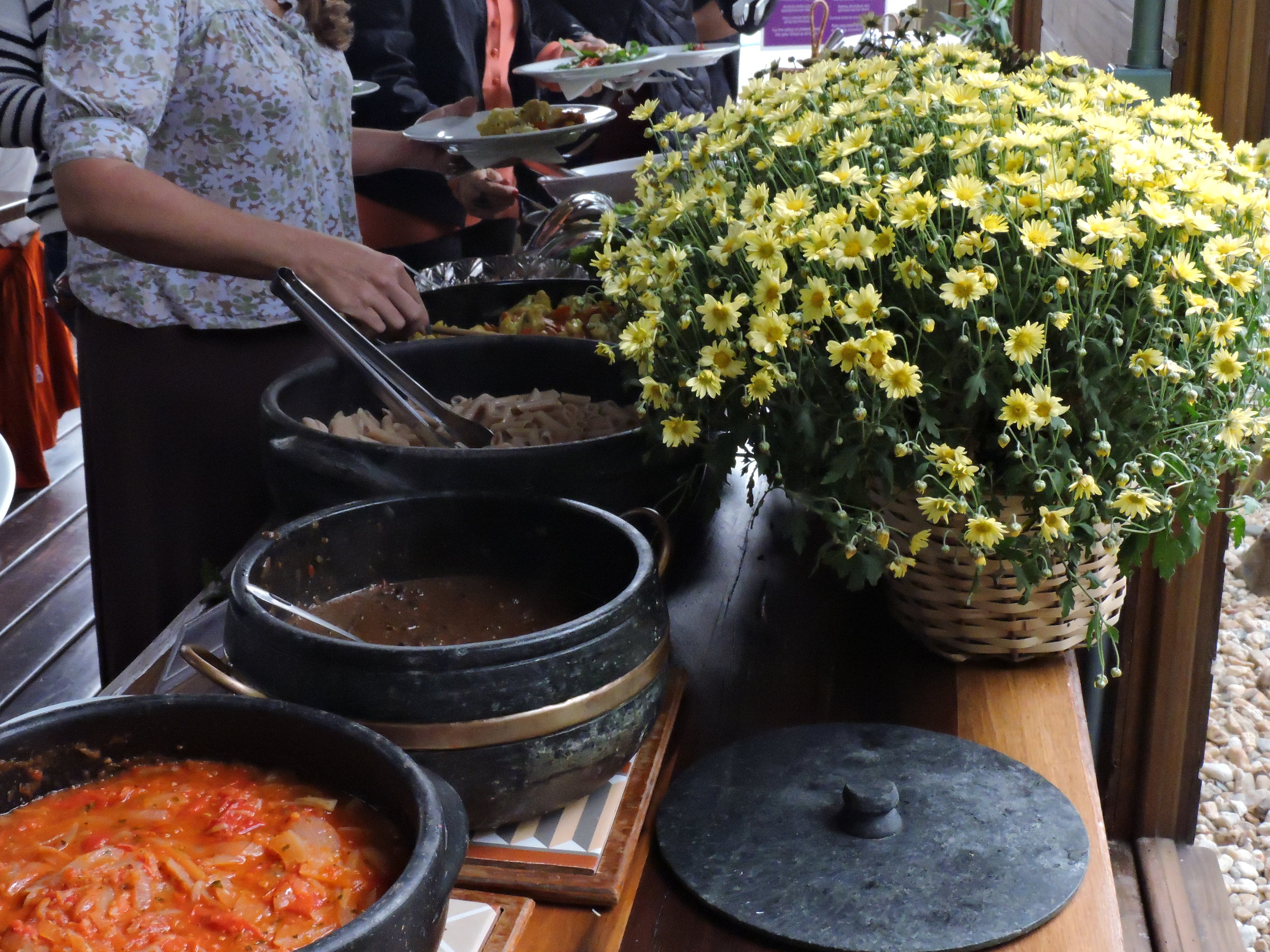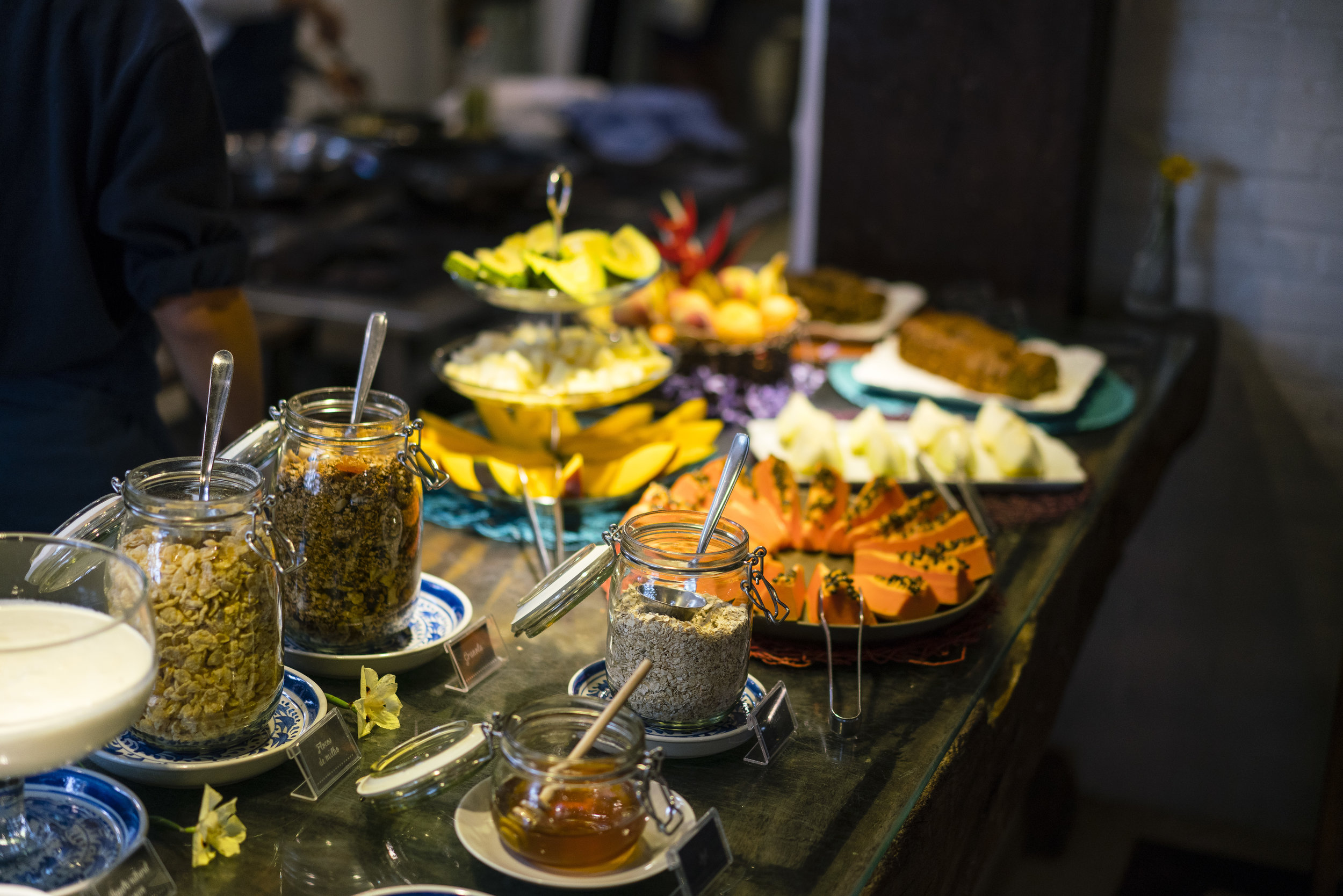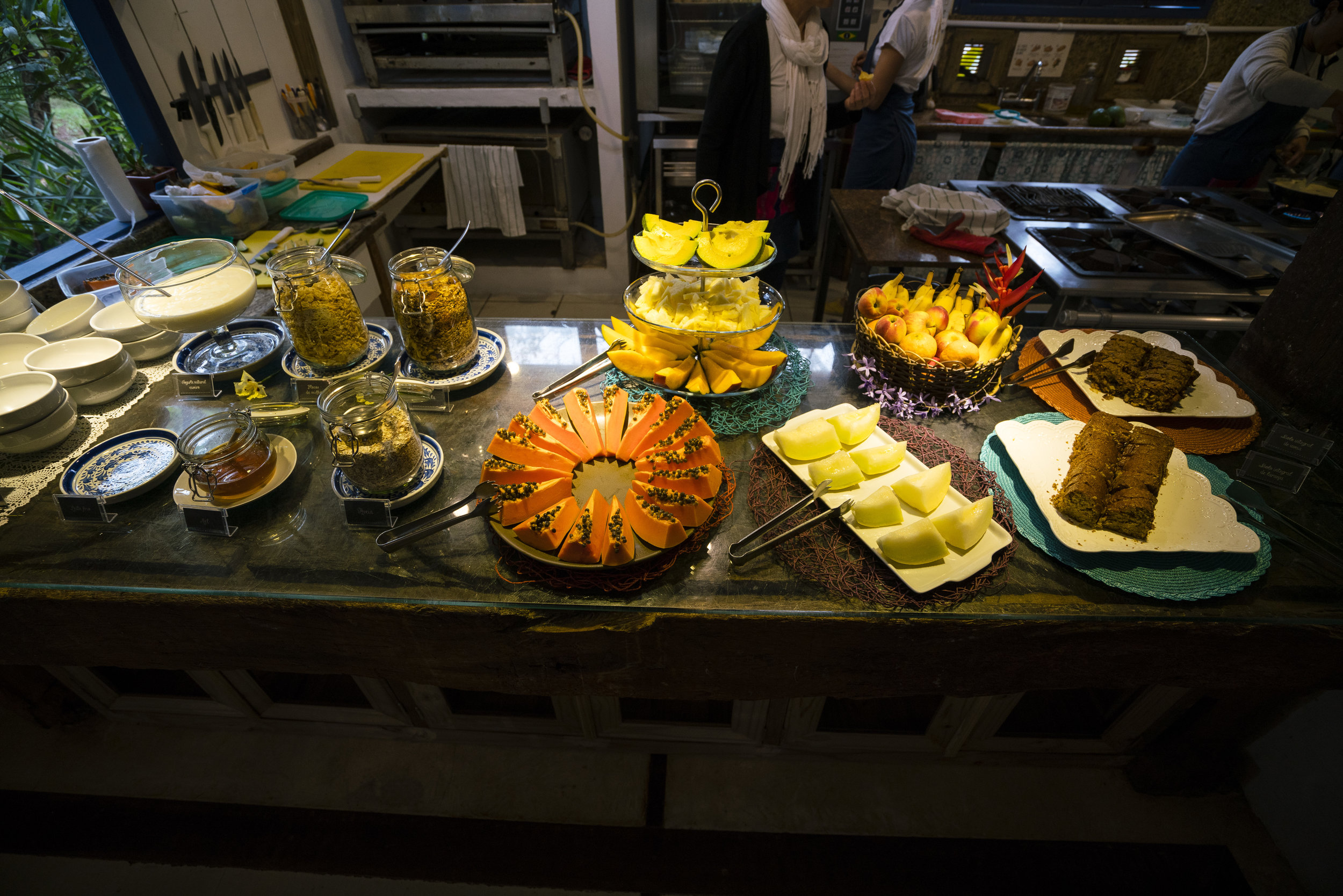
Introduction
The Postgraduate Diploma in Conflict Transformation and Peace Studies based on Emotional Balance
Our lato sensu Postgraduate program offers a meaningful education.
A program where intellectual knowledge goes through experience and considers all the relationships involved in the process. All acquired knowledge will be put into practice in both personal and professional contexts and you will develop and deepen socioemotional skills to deal with conflicts in a nonviolent way.
We offer transformative intrapersonal and interpersonal methodologies and tools to develop socioemotional skills to refine attention, sensitivity and connection from:
Peace and conflict studies
Study of emotions
Contemplative science
Our Journey
2 years of work
540 hours workload in total
4 immersive face-to-face modules
15 immersive days in each face-to-face module
108 class hours in each face-to-face module
+108 hours of an online platform accompanied by facilitators with PhD or Me.

Credits can be used for an International Masters on Peace and Conflict Studies
Would you like to optimize time, resources and energy in your academic life?
You have found the right postgraduate program. Due to our international cooperation, the credits acquired in our program in Brazil can be used for the Master's program in Peace Studies, Conflict Transformation and International Security of the UNESCO Chair in Peace Studies at the University of Innsbruck, Austria.
HOW DOES THIS HAPPEN?
Once you complete our latu sensu postgraduate program, you can choose to apply for the international master's degree. If you meet all the requirements, you can apply. If selected, you can transfer all of our Brazilian credits and attend only one semester of the partner program at the University of Innsbruck, which is equivalent to approximately three months of online preparatory activities and two more months of face-to-face in-person classes in Austria. Upon completion of this semester, the peace worker must conduct research and complete a master's dissertation.
After completing these stages, in addition to a specialist degree in the Paz & Mente postgraduate program, it would also be received a Master's Degree (MA) in Peace Studies, International Security and Conflict Transformation, chaired by the Chair of Peace of UNESCO, University of Innsbruck.
This step is not mandatory, it is optional for those who want to continue their training. The peace worker is responsible for the costs for this semester, that currently consists on 5,500 € (covering classes, accommodation and food) + posting fee of the dissertation, which is € 1,500. Depending on the curriculum and the performance of the peace officer in our postgraduate and the availability, there is a possibility to apply for a partial scholarship offered by the international program.
Soon the UNESCO Chair of Peace Studies at the University of Innsbruck will also offer a doctoral program in this area, allowing the peace workers formed by our graduate and who have completed the master's degree to complete their academic journey until the doctorate.
Enrollment is open to begin on October 2019. Last spots available.

Those cross all the stages of our program:
Educate to serve for Compassionate Leadership
Leading means serving. The true leader is the one who serves the group and its own community compassionately and consciously. Conscious service is part of the journey of our peace worker training. Therefore, we experience in practice the interdependence and the inseparability between me and the others. It is the exercise of transforming habits of self-centering; replacing them with a sense of community and oneness.
Experiential learning
All the knowledge and wisdom that you acquire in our program - about various areas of knowledge - aims to broaden our ability to generate virtue, to relate and to transform conflicts in a non-violent way in a personal and professional.
Contemplative practices
Calming the mind can help us make better decisions in all areas of our lives. Emotional balance training is of paramount importance for conflict transformation. Contemplative practices can be incorporated into and out of the classroom.
Interculturality and horizontality
Here there are no knowers, only curious travelers through an unknown journey. We use circular methodologies that provide horizontality among all the people involved. This horizontal intercultural exchange in the transformation-learning process makes the journey even richer and transforms and broadens our worldview.
Academic commitment
We offer a transdisciplinary and innovative academic curriculum that combines theoretical and experiential studies from Eastern and Western wisdoms. The classes take place in small groups, allowing a closer interaction between the peace workers and facilitators.


×××
What is missing in your academic journey?
Lined up school chairs, square rooms and white cold walls? You sit and hear - sometimes without listening - as a passive spectator of a teaching process which takes place vertically, compartmentalized and which isolates theories from practice.
You, in this conventional educational system, are consider to be separated from the phenomenon you observe. And as a student into the conventional system, you’re far away from what you are learning.
This is the way that most of us were educated.
Do you believe that it is possible to combine personal transformation with professional curriculum improvement into a single academic model?
In our transformative academy this is possible.
We are here to transform the existing conventional educational model, by an integral system where there is no separateness between the observer and the observed object. Here we know that all external reality has resonance and correspondence with the subjective realities of each one of us. It is in the observer that the transformations must occur. All the offered transdisciplinary theories and practices are at the service of the deep transformation of all peace workers.

Community
The transformations of peace workers, facilitators and staff are intertwined. Through experience and conscious exchange of knowledge, each one takes a little of the other. In an interdependent way, the transformation of one supports the transformation of the other.

Contemplative Pedagogy as a pedagogical brasis
Our proposal brings a new educational model that combines experiential learning with formal education. The pedagogical approach of our graduate program is rooted in contemplative pedagogy.
"An education that uses contemplative training to clear the mental debris that constantly crosses our consciousness and interferes with our direct apprehension of reality and our lives to promote the development of our immediate intuitive senses is certainly an education par excellence"
William James, Principles of Psychology (1890, p 463).

The value of plurality
The plural perspectives made possible by the contemplative pedagogy promote the appreciation of the differences and the autonomy of each participant individual in the learning process. There is room for peace workers to investigate their thinking arrays and patterns, thus stimulating critical thinking.
Invitation to self-knowledge
In contemplative pedagogy, peace workers are always invited to situate themselves and to observe how their mind state influences their research and their relationship with the world. Each peace worker is also the re-source of their own research. Therefore, ethics is a direct unfolding of the contemplative pedagogy.
Recognition the interdependence into the academic process
Contemplative pedagogy supports the peace workers in the observation of the dissolution of the belief the fixed idea of "I", which can be considered as the root of the conflicts. The more contemplative practices are properly experienced, the more one is able to recognize the interdependence and common humanity among us.
In our program we offer Investigative Labs as part of the academic curriculum
Investigative laboratories (Labs) offer opportunities for practicing and also opportunity for holistic engagement in transformative processes. The purpose of our Labs is for peace workers to engage in the intrapersonal / interpersonal observation of conflicts, their roots, and the aspects of peace(s) present in us. Peace workers are invited to investigate what is beyond identities and enter the relational network of interconnectivity that constitutes reality.
Yoga Lab
Daily yoga practices to release emotions that may be stuck in our body-mind. All those practices help restore our natural state and help the homeostatic process. These practices can support processes of conflict transformation.
Contemplation Lab
Daily meditation practices of emotional balance can calm the mind and to help to investigate the body, feelings, mind and phenomena. It broadens our capacity for constructive and attentive responses and reduces destructive ones, which is an essential element in conflict transformation.
Compassionate Listening Lab
Daily practices of compassionate listening in pairs. Many conflicts are staggered by our inability to listen openly, compassionately, and to communicate attentively and in a clear manner. With this tool, we train compassionate open listening, attention, empathy, interdependence and non-responsiveness. This experience supports the peace workers in the processes of conflict transformation.

Our face-to-face modules
The journey is composed by four face-to-face modules with transdisciplinary contents that complement each other and are deepened as the peace worker go through the journey. It is a dynamic process, which provides the basis for dealing with conflicts, transforming them constructively and in different contexts.
Peace and conflict studies I
Content:
Many peaces
Introduction to Elicitive Conflict Transformation
How it happens:
108 class hours in 15 days of face-to-face immersion
27 hours of activities on an online platform
+ Yoga Lab, Contemplation Lab and Compassionate Listening Lab.
Emotional Balance
Content:
Cultivating Emotional Balance (CEB) and its Connections to Peace and Conflict Studies
How it happens:
108 class hours in 15 days of face-to-face immersion
27 hours of activities on an online platform.
+ Yoga Lab, Contemplation Lab and Compassionate Listening Lab.
Peace and conflict studies II
Content:
Elicitive Conflict Transformation
ECM - Elicitive Conflict mapping
How it happens:
108 class hours in 15 days of face-to-face immersion
27 hours of activities on an online platform
+ Yoga Lab, Contemplation Lab and Compassionate Listening Lab.
The art of Care
CONTEÚDOS ABORDADOS
Contemplative training based on interdependence and compassion
Emotions, trauma, memory and stress
Brain Neuroplasticity and Results of meditation researches
How it happens:
108 class hours in 15 days of face-to-face immersion
27 hours of activities on an online platform
+ Yoga Lab, Contemplation Lab and Compassionate Listening Lab.

Dates of the next face-to-face and immersive modules
Peace and Conflict Studies I
june 2020
06/02/20 to 06/16/20
Emotional Balance
SEPTEMBER 2020
09/12/20 to 09/26/20
Peace and Conflict Studies II
JUNE 2021
06/05/21 to 06/19/21
Art of Care
September/october 2021
09/26/21 to 10/8/21
The immersions of our program take place in Ibiraquera (SC) - Brazil
25 new vacancies are open to join this transformative academic journey in the next module, which will take place in June 2020. The curriculum and, especially, the letter of intent of the participant will be analyzed. The selection runs until March 2020, however, depending on the suitability of the applications received for our purpose, vacancies may be filled before this deadline. Do not leave it to the last minute to apply.
What will be appreciated in the selection process:
Openness and willingness to go through this transformative process.
Connection and openness with contemplative practices.
Applicability of the contents studied in action in the world.
Motivation on why to study on our program.
Personal and professional background.
THE SELECTION PROCESS IS NOW OPEN
Quality recognized
Since 2015, 85 peace workers graduated in our program.
Highly qualified faculty, formed by international and national facilitators with PhD and Me in the areas of Peace and conflicts and Emotional Balance.
Postgraduate lato sensu recognized by the MEC (Brazilian Ministry of Education)
Sealed by the UNESCO Chair in Peace Studies at the University of Innsbruck, Austria.

A transformative experience
Check out what the Peace workers who have already gone through our program say:

Openness and transparency
Our program is supported by the tuition fee coming from the inscriptions of all Peace workers enrolled. We are not subsidized by any national or international institution. For our program to continue to exist, your contribution is critical.
Distribution of financial Resources
62% Facilitators
Fees and teacher honorary
15% Infrastructure and logistics
Travel, lodging, food, infraestructure, translation, equipment, communication
23% Administrative
Taxes, fees, charges, diploma, bank charges, administrative and financial management
People directly involved in our program
8 International Facilitators
5 National Facilitators
2 Online facilitators
3 Staff - Coordination
3 Staff - Administrative, financial, legal and accounting
2 Interpreters
1 Staff - Transportation
3 Staff - Communication
Choose the best modality for you
Pro-social
Here, in addition to investing in your training, you partially support the participation of other colleagues who opt for the social modality. Here we exercise generosity. This modality is suitable for professionals with stability in their careers, private companies, governmental institutions and/or participants which their balance point allows for helping other colleagues. Values do not include lodging and feeding during face-to-face modules.
**R$1.200,00 (registration fee) + R$ 41.000,00 (divided by 24 installment) or once R$ 1.200,00 + R$ 37.000,00
* Generosity is "the virtue of giving good things to others freely and abundantly”. (Science of Generosity Initiative, 2012)
**All currency is in Brazilian reals
Real value
In this module, we present the real value of the program that brings the financial equilibrium point and makes it sustainable. By opting for this modality, you invest in your training, but it does not allow you to support other colleagues. This modality is suitable for all the professionals of diverse areas of the knowledge that already have a certain financial and professional stability. Values do not include lodging and feeding during face-to-face modules.
R$ 1.200,00 (registration) + R$ 32.000,00 (divided by 24 installments) or once R$ 1.200,00 + R$ 29.760,00
Social
This module is suitable for students, educators, self-employed, NGOs, social agents, people in between jobs, collectives, and people in a transition of career, people who already work for a social purpose. In this mode, we invite you to offer some of your skills that the program may need in return to exercise balance exchange. Values do not include lodging and feeding during face-to-face modules.
1200,00 (registration) + R $ 29.000,00 (divided by 24 instalments) or once 1200,00 + R $ 27.840,00

Accommodation
Our course happens in a seminar center with an exuberant beauty that opens to the lagoon connected to the sea and facing the mountain. Each corner offers rest and beauty. There are 11 thousand meters of tranquility, with many species of ornamental and native plants, creating an atmosphere of contemplation and well-being, preserving the ciliary forest near the Lagoa de Ibiraquera, in the Brazilian state of Santa Catarina. The retreat center follows eco-sustainable models; initiatives that meet the culture of peace. The place where the classes happen is part of the transformative process as a whole. The retreat center works as our continent, where all our experiences of peaces and transformation of our conflicts will happen.
Due to the pedagogical structure of the program and the processes involved, all peace workers must necessarily stay together in the same retreat center where the course takes place. Therefore, it’s not possible to stay in another place.
Investment in the accommodation by each face-to-face module:
R$ 190 per day (for 15 days) per person, double/triple room with breakfast in each of the face-to-face module
*annual adjustment by the IGP-M (General Market Price Index **).
Meals
An important part of our transformative journey is healthy and balanced eating. That is why we invite a chef who will offer us mostly organic, lacto-vegetarian with some touches of ayurvedic cuisine. The food is intended to give us support in our transformative processes.
Investment of meals each face-to-face module:
R$ 1.180,00 until 45 days before the beginning of the module.
$ 1.280,00 less than 45 days before the start of the module.
More information: | WhatsApp: +55 48 98855.1219

I still have questions about the program
I have already received enough information about the program.




































